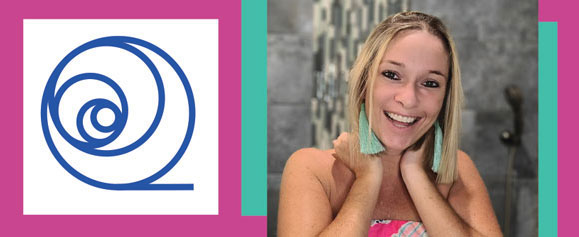Technological, societal, and environmental shifts are reshaping how many companies engage with people, customers, and communities. This is paving the way for systemic change in how we include underrepresented communities in the employment world.
Over the last several months I’ve been pondering and am now actively pursuing a new professional career in the world of Diversity, Equity, and Inclusion (DEI). This is not a new emerging field within organizations, but over the last several years it is fast becoming an ever more critical area for organizations, corporations, and stakeholders around the world to focus on. More specifically, in light of today’s societal changes we need to strive to incorporate a more diverse and equitable culture for women, people of color, members of the LGBTQ community, and the disability community.
By recognizing the unique challenges faced by leaders with disabilities, organizations can build more comprehensive diversity policies to create an inclusive environment for all employees. Historically, executive level leaders have felt the need to be seen as superhuman in order to survive, a culture that has resulted in displaying one of invincibility and infallibility. This needs to change because once higher level corporate executives realize a disability is not a disadvantage in the corporate culture, the entire corporate structure, from the top down, will make way for real systemic change.
Read the Rest on Push Living Magazine …


